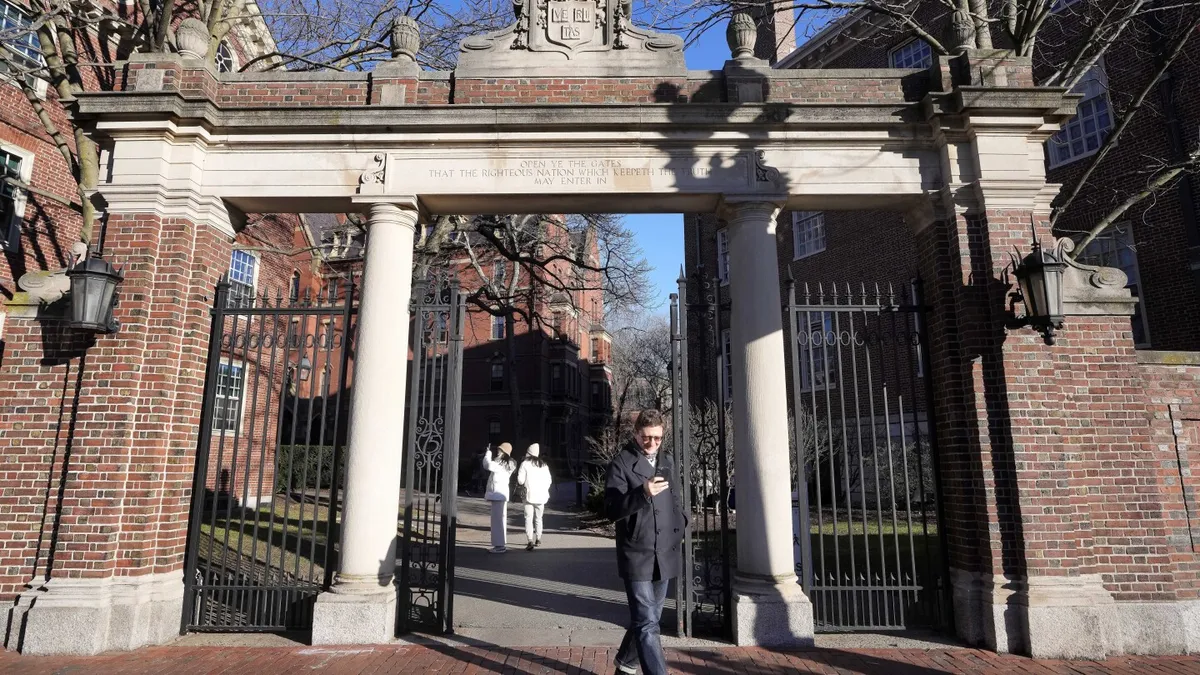
In a recent announcement, Steve Witkoff, the special envoy from the Trump administration, revealed that a new “term sheet” outlining the parameters for a temporary ceasefire between Israel and Hamas is close to being finalized. This statement was made during a ceremonial event where Jeanine Pirro was sworn in as the interim U.S. attorney for Washington, D.C. Joining Witkoff was President Donald Trump, who expressed optimism about the potential for a peaceful resolution to the ongoing conflict.
Witkoff indicated that the details of the U.S. proposal might be delivered later in the day. “I have some very good feelings about getting to a long-term resolution — a temporary ceasefire and a long-term resolution, a peaceful resolution of that conflict,” he stated, showcasing the administration's commitment to peace in the region.
During the swearing-in ceremony at the White House, President Trump praised Jeanine Pirro, a notable figure who previously hosted a show on Fox News and has extensive experience as a county prosecutor and elected judge. Pirro's appointment follows the withdrawal of Ed Martin’s nomination, which faced bipartisan opposition due to concerns over his legal background and his controversial comments regarding the January 6 Capitol riots.
At 73, Pirro brings a wealth of experience to her new role, having served as a judge in New York and as the elected district attorney. Her nomination highlights Trump’s efforts to appoint individuals who align with his administration’s objectives amidst a challenging political climate.
In alignment with Elon Musk's initiative to downsize the federal government, the Trump administration is moving forward with proposed rescissions aimed at canceling previously approved funding. This strategic move is intended to streamline government spending, although the precise extent of the rescissions remains unclear. An official from the White House, speaking anonymously, confirmed that a formal announcement would follow.
Secretary of State Marco Rubio announced that the Trump administration will implement travel bans on foreign officials accused of censoring U.S. citizens and companies abroad. This policy is designed to protect freedom of expression and combat what the administration perceives as unjust restrictions against Americans. Rubio emphasized the importance of standing firm against foreign censorship, stating that the actions taken by some foreign officials are unacceptable.
A federal judge has allowed a lawsuit to proceed against Elon Musk and the Department of Government Efficiency (DOGE), which accuses them of illegally accessing government data and terminating federal employees. U.S. District Judge Tanya Chutkan ruled that 14 states could continue their claims against Musk, while also dismissing President Trump's involvement in the lawsuit. The decision marks a significant development in the ongoing legal challenges surrounding Musk's initiatives.
As Hegseth prepares to attend the Shangri-La Dialogue security conference in Singapore, he reaffirmed that the U.S. does not seek conflict, particularly with Communist China. Instead, he emphasized the U.S. commitment to standing strong for its interests, signaling a proactive approach in international relations.
The Trump administration has temporarily halted the scheduling of new visa interviews for foreign students, as it prepares to expand social media screening requirements. This decision, confirmed by a U.S. official, reflects the administration's ongoing scrutiny of international students and their activities in the U.S., which has raised concerns among various advocacy groups.
In a significant legal development, a federal judge has ruled against one of Trump’s executive orders aimed at sanctioning prestigious law firm WilmerHale, marking a setback for the administration's legal agenda. This ruling is part of a series of decisions that have consistently deemed Trump’s executive orders as unconstitutional, reinforcing the principle that legal representation should not be subject to government reprisal.
The Trump administration has intensified its conflict with Harvard University by requesting that federal agencies cancel approximately $100 million in contracts with the institution. This move follows the cancellation of over $2.6 billion in federal research grants, as the administration seeks to push back against the university’s policies.
As the Trump administration navigates complex issues ranging from foreign policy to domestic legal challenges, these developments continue to shape the political landscape in the United States.